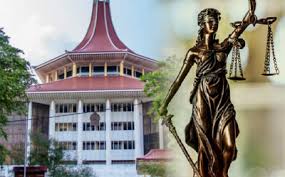The law recognizes that the principles of equality does not mean that every law must
have universal application’for all persons who are not, by nature, attainment or
circumstances in the same position. What is required is that persons who by nature,
attainment or circumstances are similar are treated alike. If there is a classification
which deals alike with those who are similarly situated, someone who is different
cannot be allowed to complain that he has not been treated equally; for being different,
he must necessarily expect to be treated differently.
The State is entitled to lay down conditions of efficiency and other qualifications for
securing the best service. And when it does so, this Court will not insist that the
classification is scientifically perfect and logically complete. The classification may be
refined but it should not be artificial or irrational.
The classification (in Circulars 1089 and 1389 of 20.09.1978) which distinguishes
doctors with foreign qualifications who returned to the country before 1 January 1980
and those sent by the Department from others who obtained similar foreign
qualifications for the purpose of deciding whether they should be equally recognized
with PGIM (Post Graduate Institute of Medicine) .graduates in the matter of
appointment .is not a classification founded on an intelligent differentia and therefore
violates the pledge of equality given in Article 12(1) of the Constitution and is ultra
vires, bad and of no force or avail.

